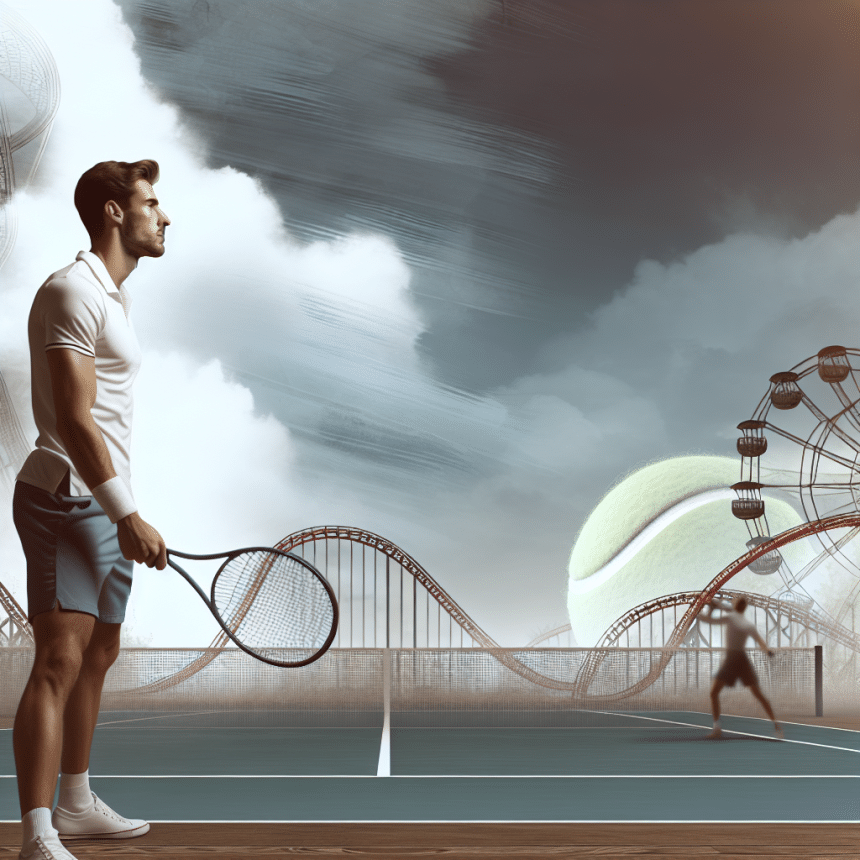In Vienna last week, the ATP Finals hopeful, Grigor Dimitrov, opened up about his struggles with anxiety and panic attacks on the court in a post-match press conference. The 33-year-old Bulgarian player, who reached the final in Stockholm, revealed that he has even contemplated retirement on three different occasions due to these mental health challenges.
Following up with Dimitrov at the Erste Bank Open in Vienna, the world No. 9 expressed his desire to inspire his peers to be more open about mental health issues. He emphasized the importance of unity in the tennis community when it comes to addressing these concerns.
In an exclusive interview with TENNIS.com, Dimitrov stated, “I think a lot of players need to come through for that. We’re a very individual sport, but we need to unite when it comes to health and mental health. There should not be any ranking, or where you’re from judged. It’s just a topic that has always been lingering around in the background. It has not been addressed enough overall. It’s up to the players and everyone around to address it, or not. I’m just speaking my heart on that. Whenever I’m asked, I’ll always answer very promptly and honestly.”
Known for his ability to connect with others, Dimitrov highlighted the dangers of loneliness, which can affect anyone, regardless of their social skills. He stressed the importance of finding a balance between tackling issues independently and seeking support to avoid being consumed by isolation.
“It’s something that we need to understand, what is it exactly? If it’s loneliness, if it’s something else that is bothering us just overall,” Dimitrov explained. “Time alone is important to recognize this, but time spent completely alone on the other hand can be disruptive. I try to recognize things first and then try to address it with anyone that I feel close and connected to. That’s what has always helped me go through certain moments in my life, my career.”
Dimitrov’s candidness about his struggles with mental health not only sheds light on the challenges faced by professional athletes but also serves as a reminder of the importance of opening up and seeking support when needed. His willingness to address these issues head-on sets a powerful example for others in the tennis world to follow suit, destigmatizing mental health discussions and promoting a culture of openness and support within the sport.




